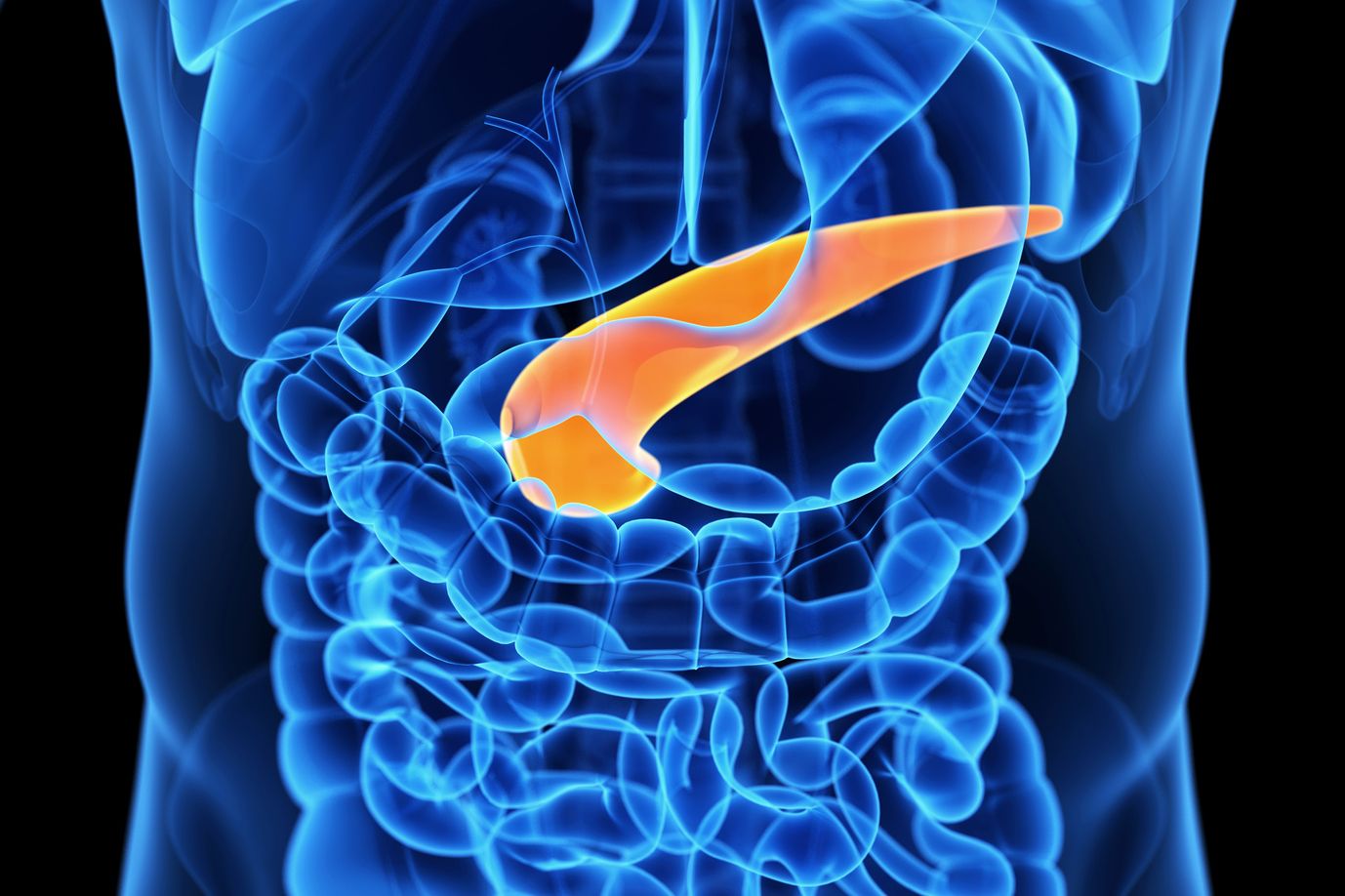
(Vienna, 15 November 2016) At the Comprehensive Cancer Centre (CCC) of MedUni Vienna and Vienna General Hospital, pancreatic cancer is treated using an essentially interdisciplinary approach. This also incorporates basic research, which contributes greatly to our understanding of the mechanisms of cancer development by using new methods such as CRISPR/Cas-9 gene editing. On the occasion of World Pancreas Day on 17 November 2016, experts are emphasising the need for doctors, scientists and patients to work together.
In Austria, around 1,600 people develop pancreatic cancer every year. In the early stages, the disease can be cured by an operation to remove the affected tissue. In the later stages, especially when metastasis has already occurred, chemotherapy or radiotherapy are used but, in many cases, they only have a limited effect. Since the disease is diagnosed late in 80 – 90% of cases, the prognosis for these patients is often poor.
Optimum treatment strategies
Nevertheless, patients can expect to receive the best treatment currently available at specialist centres such as the CCC of MedUni Vienna and Vienna General Hospital. Says Martin Schindl, Department of Surgery of MedUni Vienna and Vienna General Hospital, specialist in pancreatic cancer and Head of the Pancreatic Cancer Unit at the CCC (CCC-PCU): "At CCC we work in an interdisciplinary way; that means that all the experts looking after the patients discuss diagnosis, treatment, any side-effects of treatment and the patient's after-care with each other. This takes place in our "tumour boards", meetings in which we jointly decide on the best treatment strategy for the patient in question." It is not only doctors from all specialisms who are involved in these treatment decisions but also psychologists, nutritionists and even the patients themselves.
Studies safeguard expertise
In addition to this, the CCC is involved in many different studies investigating the effects of new treatment approaches. For example, one work investigating the effects of a tissue adhesive designed to prevent fistulae forming after removal of the tumour, is about to be published. Another study, which is nearing completion, is concerned with the optimum treatment for inoperable tumours. These are usually dealt with by administering a preparatory course of chemotherapy so that they can be operated on. The ongoing study is now comparing pre-treatment with a combination of chemotherapy and radiotherapy with pre-treatment with chemotherapy alone, to see which achieves the best results. Schindl: "The results should be available at the end of this year and can then be used for the direct benefit of patients."
Understanding the mechanisms
Another aspect that is of benefit to patients is the close integration of basic research within the CCC-PCU: laboratory results can then feed directly into clinical work. Conversely, basic researchers are directly in touch with problems that arise during the hospital's daily routine. For example, one of the main problems in pancreatic cancer is metastasis. Thus far its causes are largely unknown and that is one reason why it is so difficult to monitor.
Says Paola Martinelli, basic researcher at MedUni Vienna's Institute of Cancer Research and deputy coordinator of the Pancreatic Cancer Unit of the CCC (CCC-PCU): "We are producing models to identify those genes that are relevant for the process of metastasis. To do this we are making use of new technologies, such as so-called gene editing."
Using this method, Martinelli deactivates genes in cell cultures and also in a mouse model, in order to determine the genes responsible for metastasis, thereby helping to improve treatment of the condition.